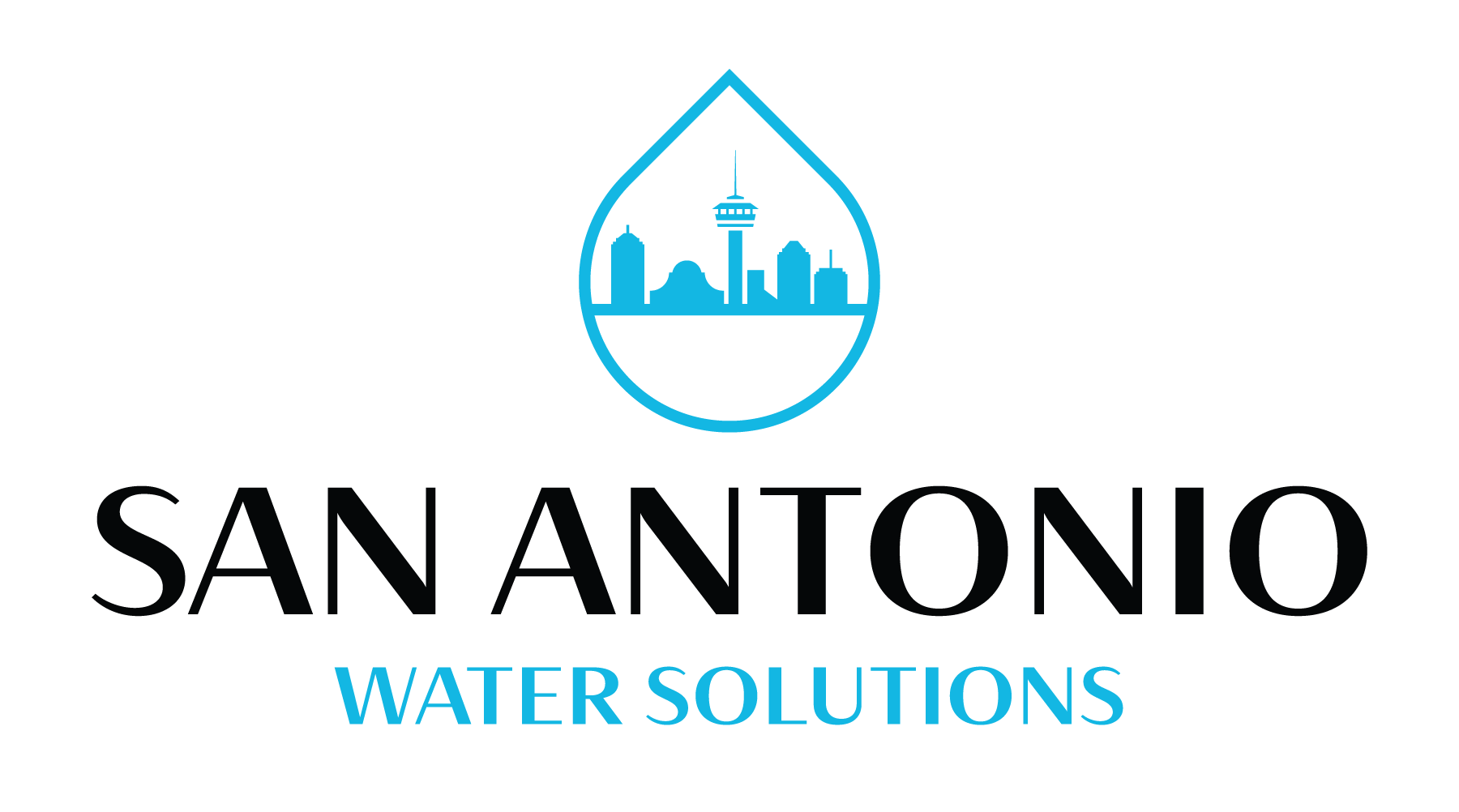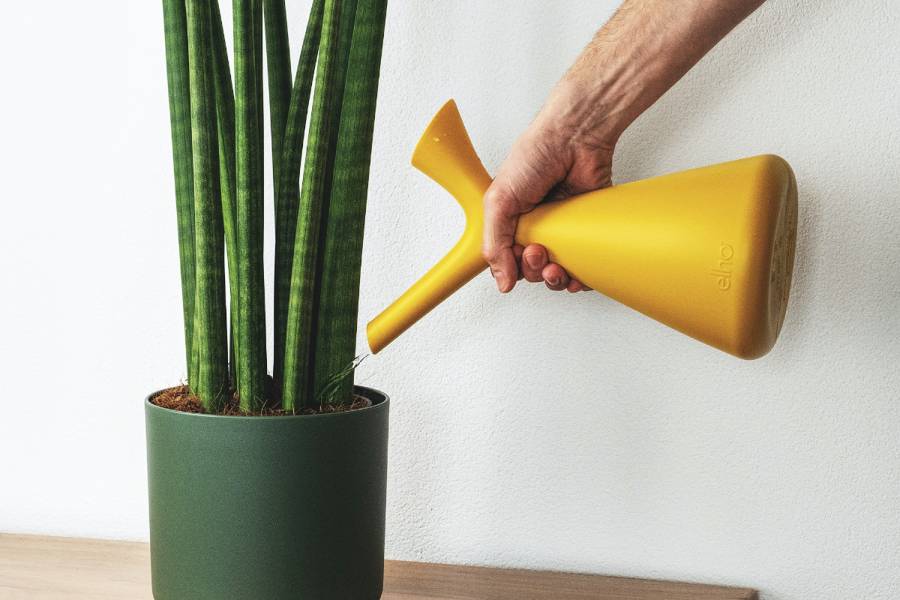Water is an essential part of plant growth and survival. The presence of water is intimately connected with soil pH, mineral composition and concentration, and quantity and duration of water exposure, to mention just a few. It can lead to great difficulty when trying to cultivate plants in different climates, especially those native to equatorial regions with differing types and qualities of water.
San Antonio, TX is one of those places where the seasons change rapidly, leading to different water profiles with drastic weather changes. For this reason, many potted plants are grown indoors and watered using the tap. But what about homes with water softeners? The good news is that soft water is perfectly safe for plants, but it’s important to know how and when to use soft water for the best results. We’ll discuss these below!
Take Precautions to Reduce the Amount of Salt Build-up
When we talk about salt build-up in your soil, we mean sodium chloride or NaCl. This salt is also known as table salt. While this compound is formed naturally in the soil and not harmful to plants, it can build up to become a problem with constant use of softened water. This is because most water softeners add trace amounts of salt to water as part of their softening processes.
To avoid this, alternate between softened tap water and other sources such as rain water. This is especially important if your soil has high amounts of organic matter or compost. When you add organic matter to our soil, you also add salt.
Water Your Plants More Frequently
Although this might be a big change to your routine, it may not be so bad to have a few more watering cans around your house just for indoor plants. Many native trees and plants are accustomed to seasonal rain, and if you make your plant survive, it’s best to mimic the rain conditions your plants are naturally built for.
Water the Plants Even If They Look Dry
It can seem like a waste and a waste of water, but it’s best to give the plant what it needs. Whether using hard or soft water, you should water your potted plants in small increments throughout the day instead of in large doses once a week or two weeks.
Water with Warm Water to Promote Plant Growth
Your plants can take care of themselves; if you overdo it, there will be no difference in whether we’re using soft or hard water. Your goal is to promote healthy plant growth, especially when it’s dry outside. You want your plants to look great and grow faster, and you can achieve this with warm water.
Bottom Line
Having soft water in your home provides all kinds of benefits, so it’s good to know that it can also be perfectly safe for watering your potted plants. However, there are many water softening systems that you can buy, and they can use a number of processes to soften water. It’s important to know how your water softening system works so you can have an idea of the amount of salt it adds to your water, if any. Knowing this and following a few best practices will leave your plants healthy and happy, even with soft water!


Recent Comments